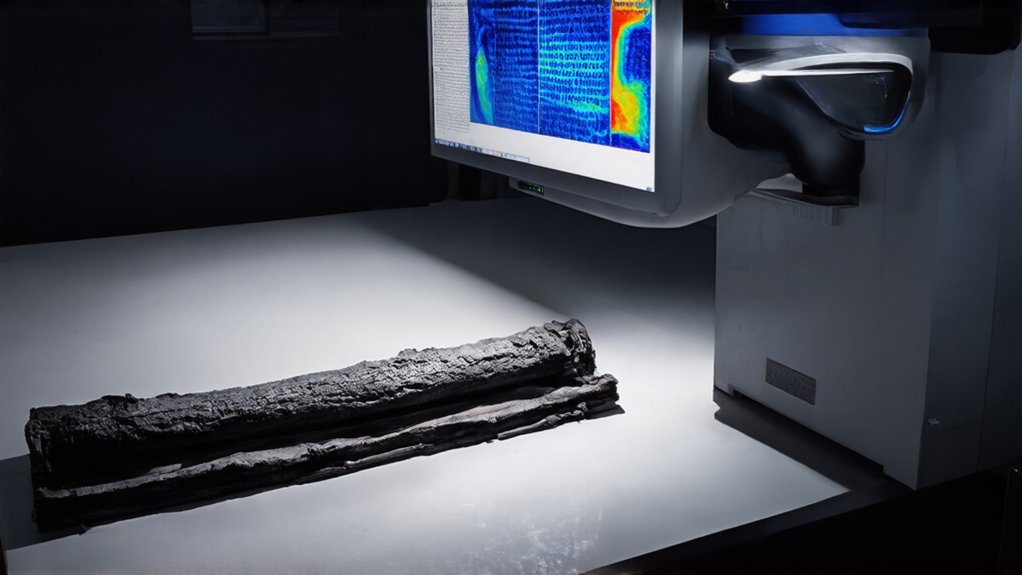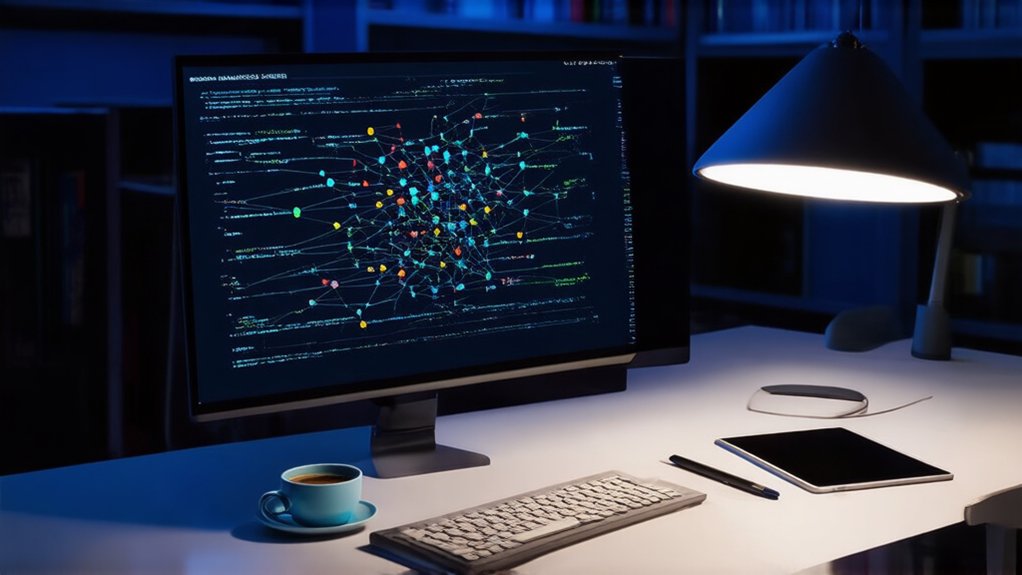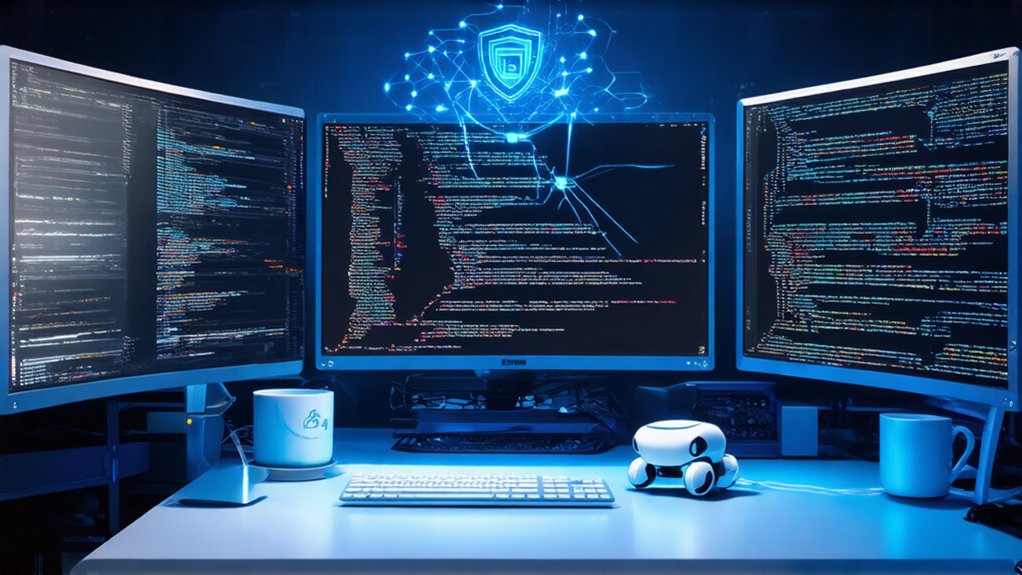In a twist that’s straight out of a sci-fi flick, AI has finally cracked open ancient Greek scrolls that’ve been playing hard to get for centuries. These Herculaneum scrolls, charred by Mount Vesuvius in 79 C.E., sat preserved in a fancy villa—maybe Julius Caesar’s father-in-law’s place—for eons. Dug up in the 1750s, hundreds of them promised a goldmine of Greek philosophy, but they were so fragile that unrolling them often turned them to dust. Oh, the irony—ancient wisdom trapped in brittle papyrus, mocking modern scholars.
Enter the Vesuvius Challenge, launched in March 2023 by tech whizzes Brent Seales, Nat Friedman, Daniel Gross, and JP Posma. This global contest dangled over $1 million in prizes, urging folks to use AI and computer vision to read the scrolls without touching them. To date, the challenge has awarded over $1.5M, reflecting ongoing efforts to incentivize innovative research. Participants got 3D X-ray images and software, turning a headache into a high-stakes game. By year’s end, a student team—Luke Farritor, Youssef Nader, and Julian Schilliger—snagged the $700,000 grand prize for deciphering over 2,000 Greek letters. Pathetic how humans needed AI to outsmart volcanic ash.
The tech? High-resolution X-ray tomography scanned the scrolls, creating digital models for “virtual unwrapping.” Machine learning hunted for carbon-based ink amid the carbonized mess, spotting subtle crackle patterns. It was no walk in the park; AI flagged ink, but papyrologists had to step in for transcription. Breakthroughs included the first word, “porphyras” (purple), and passages from a lost Philodemus text on pleasure and senses. Is scarce stuff really more fun? The scroll debated it, dropping words like “foolish” and “fear.”
AI’s clever ink chase via X-rays and machine learning unearthed “porphyras” and ancient debates on pleasure—yet papyrologists had to lend a hand.
Challenges abounded. Distinguishing ink from papyrus was a nightmare—similar densities, damaged layers. Segmentation started manual, with AI still needing human tweaks. Sure, it’s progress, but let’s not pretend machines have it all figured out.
This blend of tech and expertise finally let us peek at ancient thoughts, proving AI’s not just for cat videos, and over 600 rolled scrolls still remain sealed, offering hope for even more discoveries. What a wild ride—history’s secrets, unwrapped at last.




